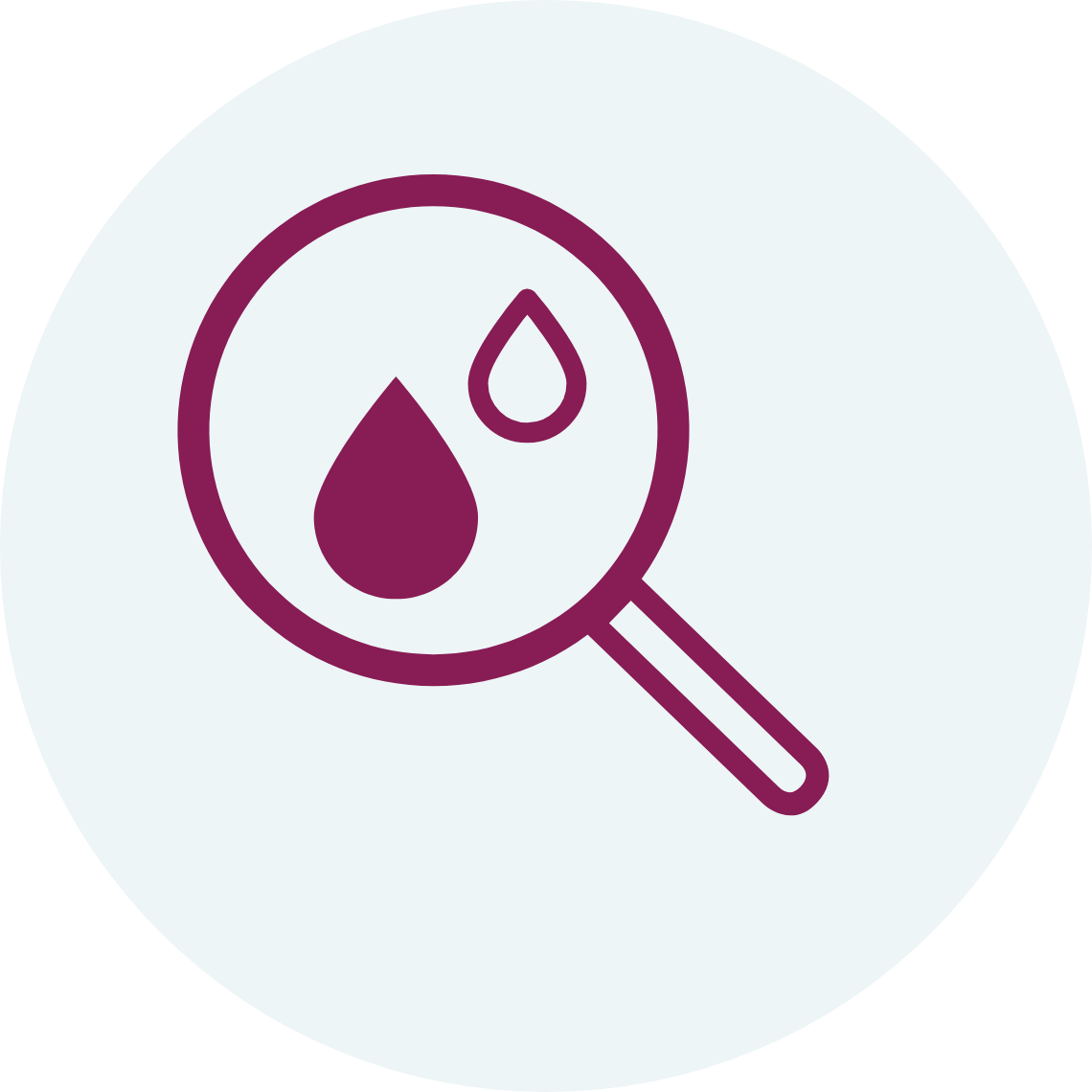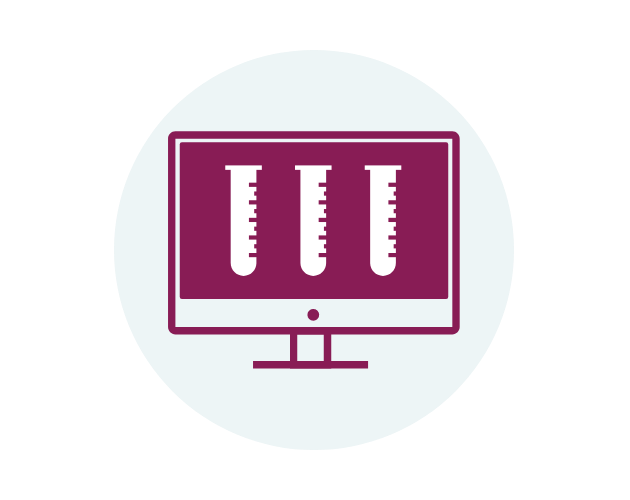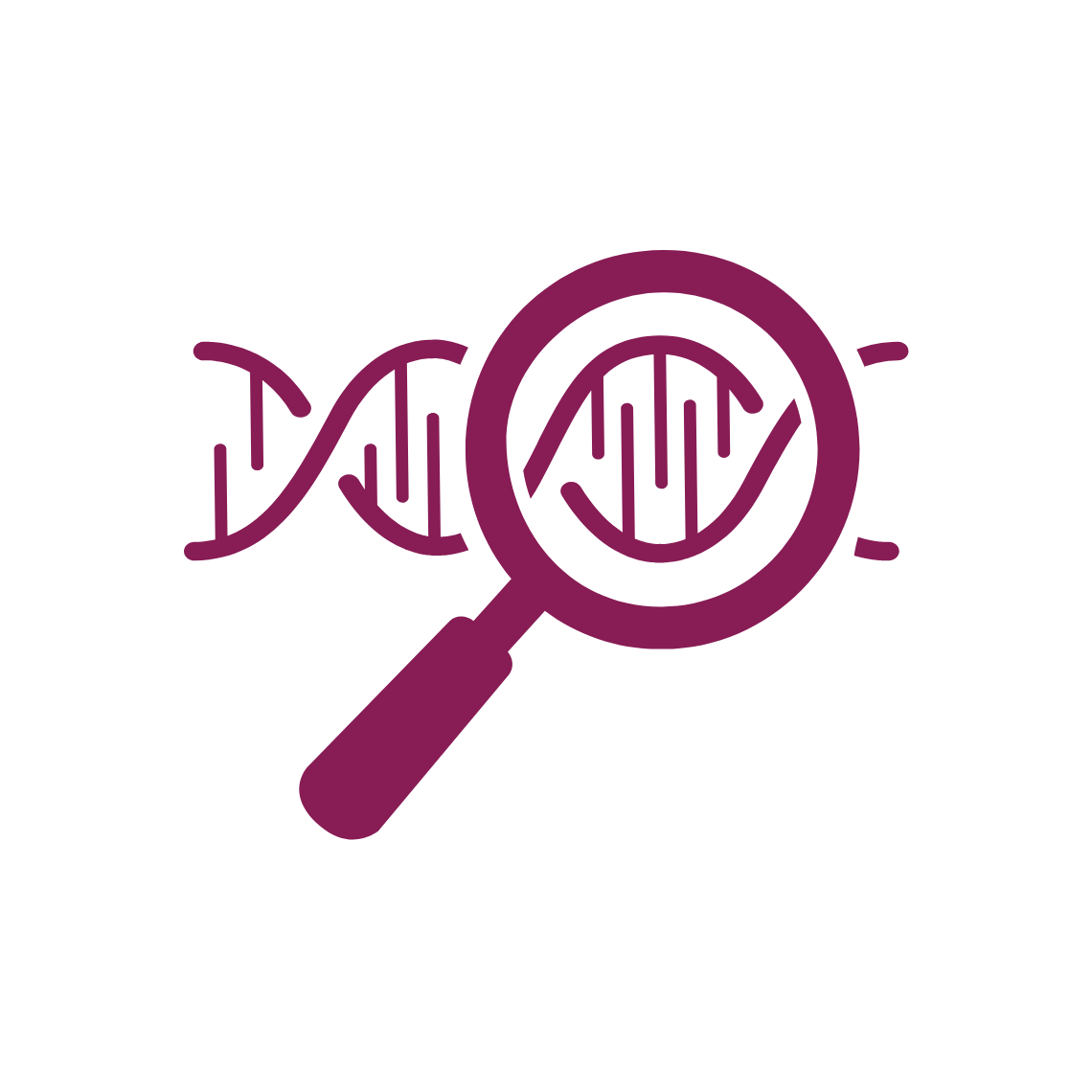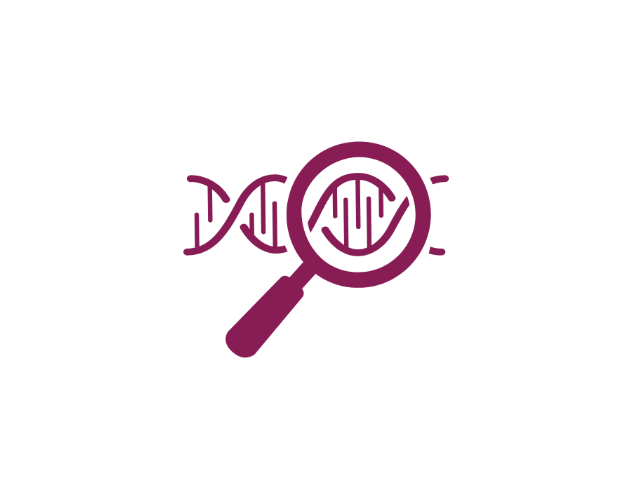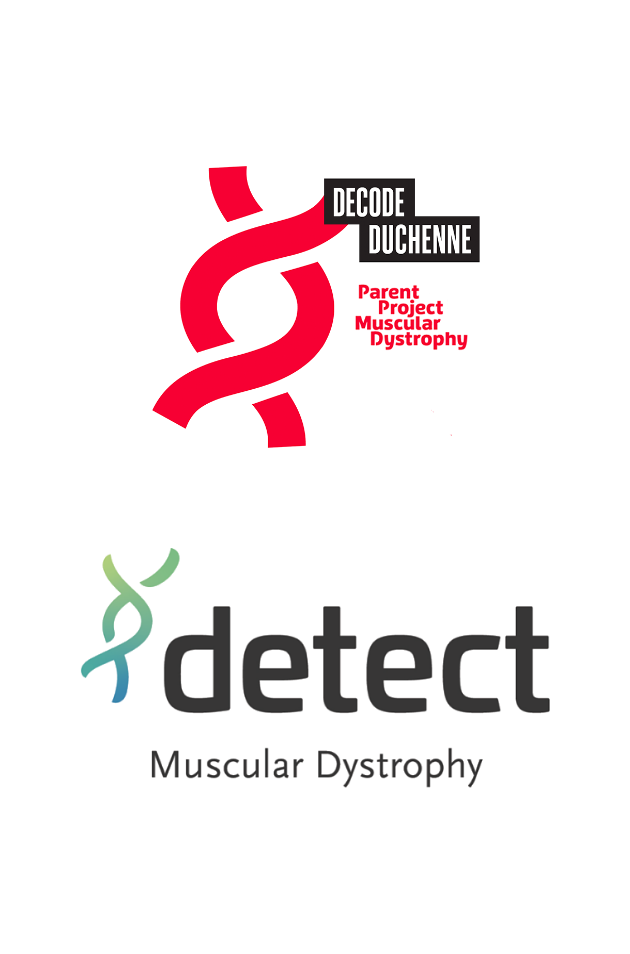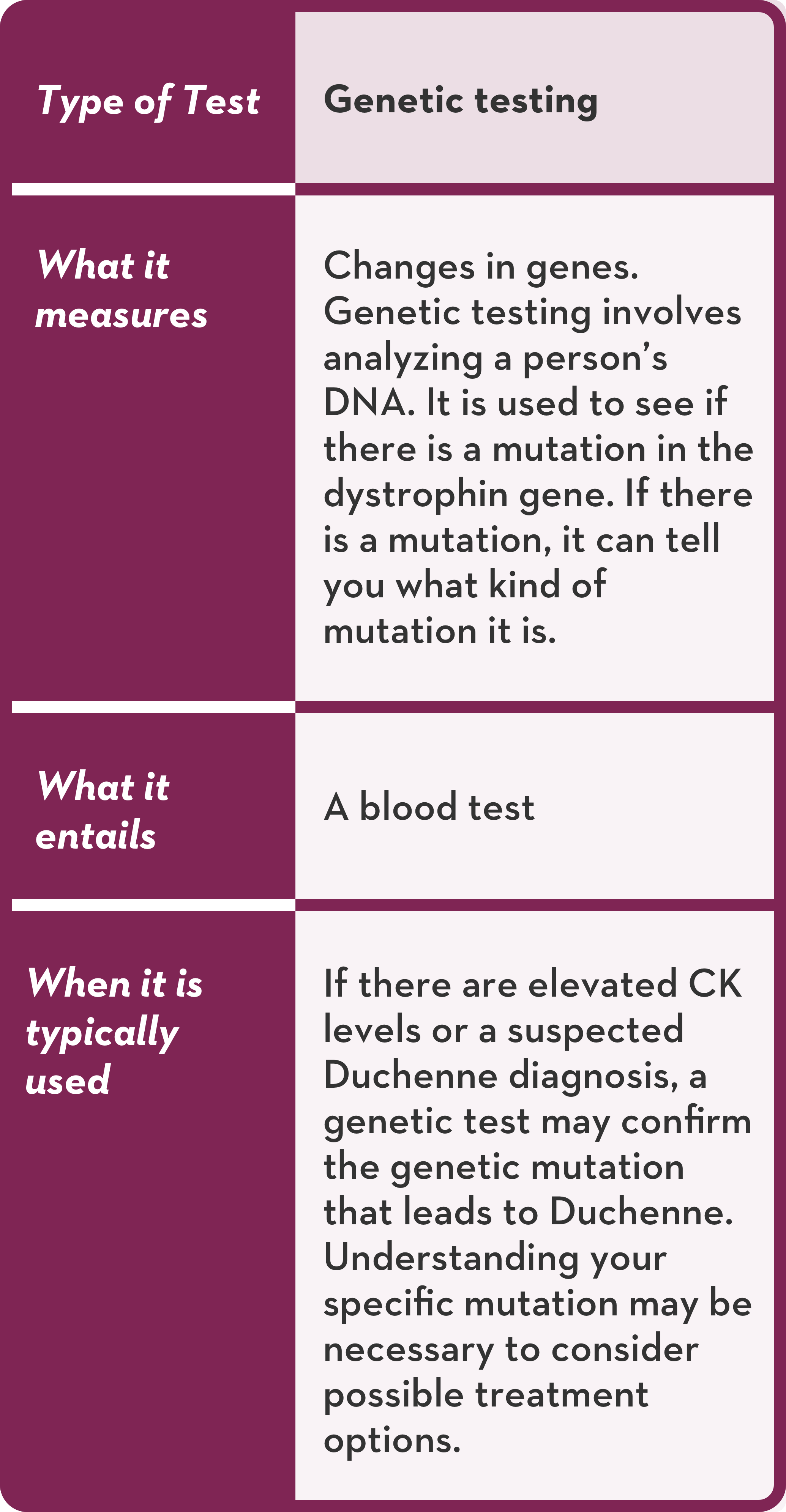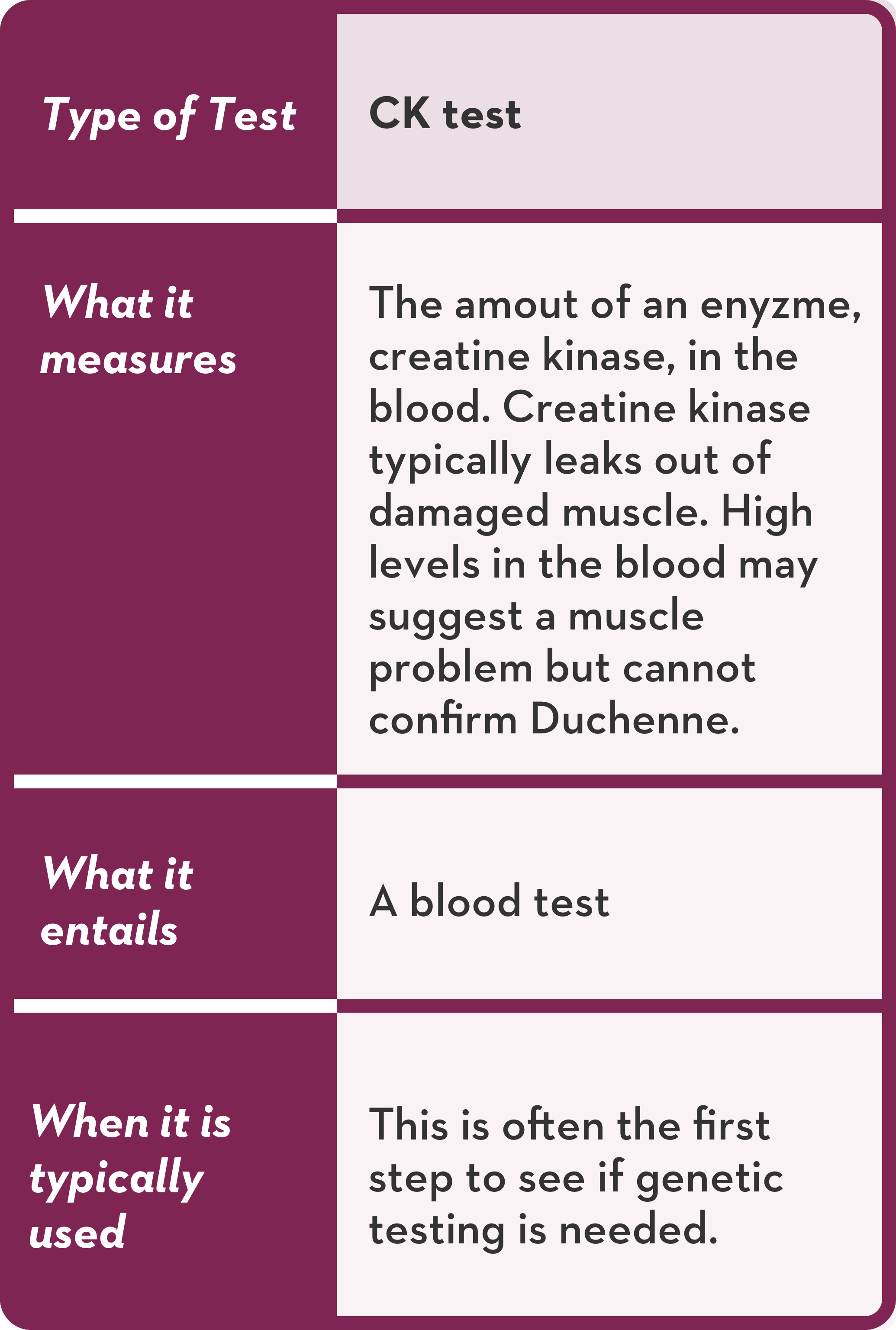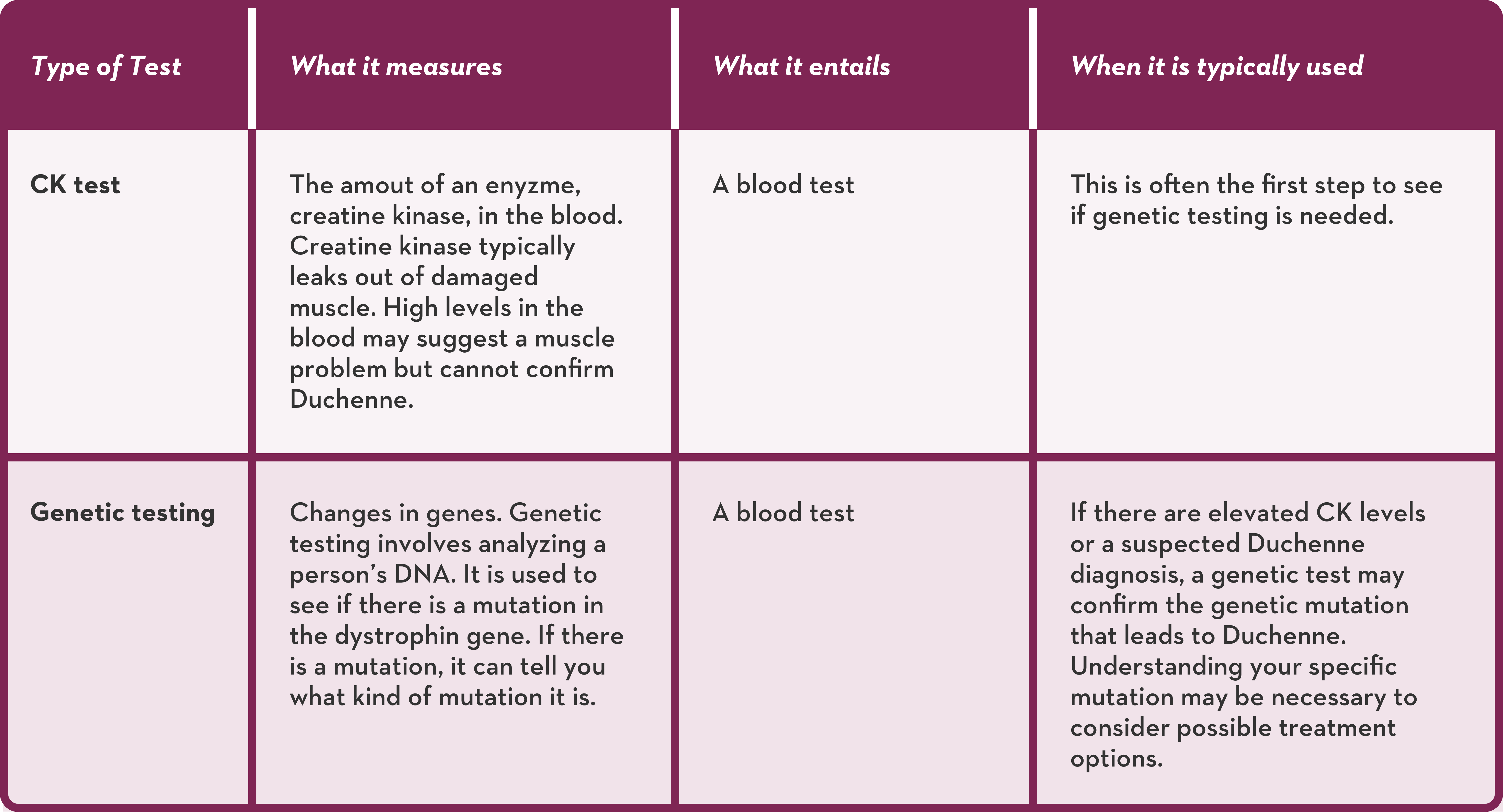
DILLON, living with Duchenne.
Diagnosing Duchenne
Steps to Diagnosis
Duchenne is a rare disease with symptoms that can look like other, more common conditions, especially in the early stages. For these reasons, the path to diagnosis can often be prolonged and frustrating.
Every Duchenne family has a different story. Many receive a diagnosis only after months or years of doctors’ visits. Every child develops at his own pace, so a pediatrician may not take immediate action when your child is slow to sit, stand, or walk. However, over time, the delays seen in children with Duchenne become more apparent.
The diagnosis process often involves a series of steps to confirm Duchenne. Getting a confirmed diagnosis and understanding your child’s specific mutation is a critical step in arriving at the right course of treatment. If you or your family member have received a Duchenne diagnosis, learn more about Living with Duchenne.
Confirming a Duchenne Diagnosis
Although muscle damage starts at birth, the signs of Duchenne are typically first noticed in children at around 2.5 years of age. Duchenne is diagnosed at an average age of 5 years, a delay of 2.5 years after symptoms are usually first noticed. Confirming a Duchenne diagnosis earlier will help patients access and understand treatment options, potentially delaying disease progression. An earlier diagnosis will also enable family members to receive genetic counseling and take advantage of support networks.
Working with your child’s doctor, the first test will likely be a creatine kinase (CK) test, which involves a simple blood draw. CK is an enzyme in muscle cells that is released into the blood during muscle injury.
Trust your gut. Caregivers play an important role in diagnosing Duchenne–80% of the time when they express concerns about developmental problems, they are correct.
What Constitutes a High Creatine Kinase (CK) Level?
Although the normal range of CK levels varies with age and gender, CK levels in Duchenne are typically elevated 50- to 200-fold above normal levels, as shown in the table below.
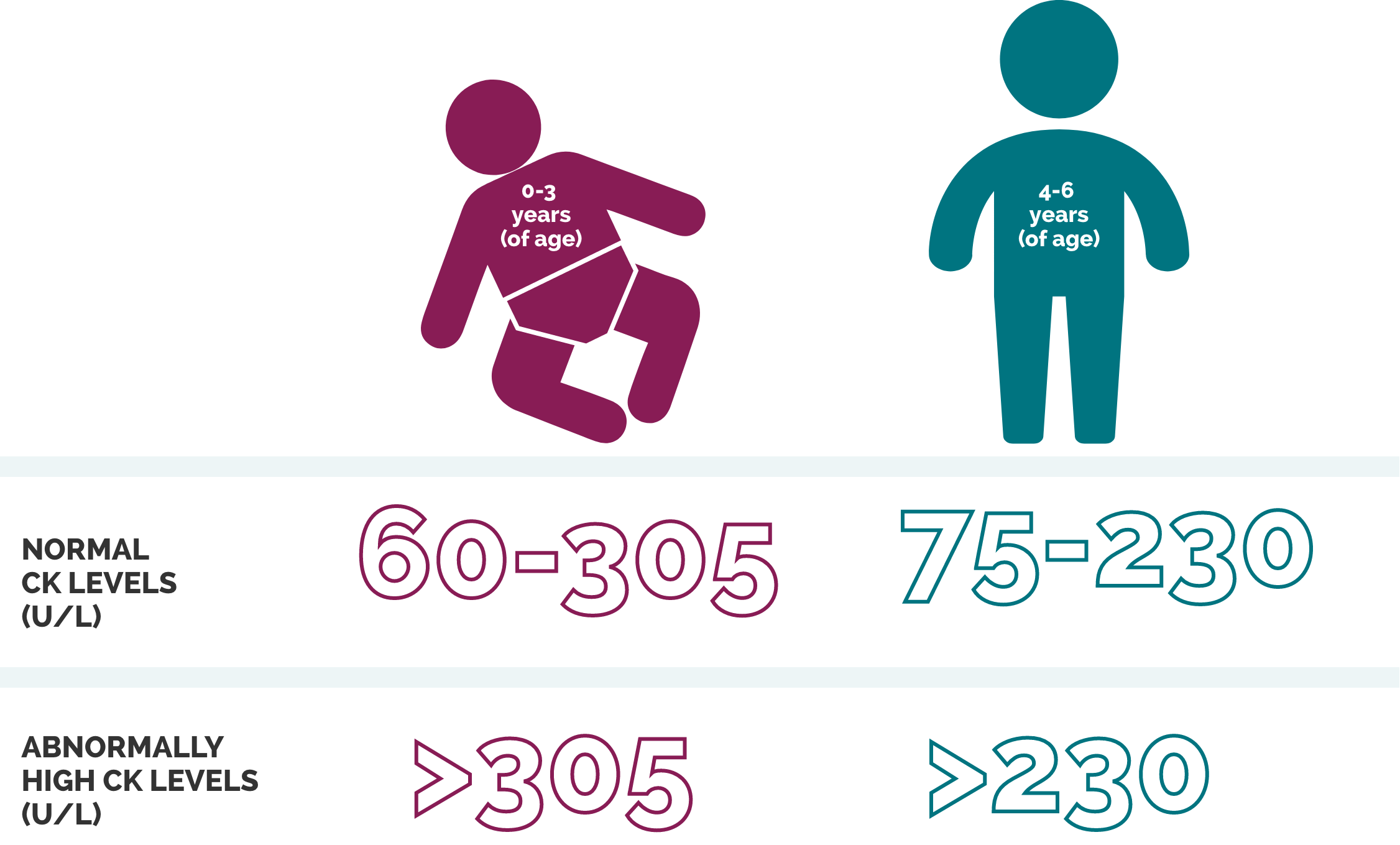
If CK levels are high, your child’s doctor may refer you to a specialist for genetic testing. The genetic test helps to determine if your child has a genetic mutation associated with Duchenne to confirm the diagnosis.
Genetic Testing
Genetic testing is a laboratory procedure that looks closely at a sample of a person's DNA to assess whether they have genetic variants (changes in the gene) that are associated with a disease. Typically, it involves a blood or saliva sample.
In Duchenne, genetic testing can:
- Confirm a diagnosis
- Help patients and families understand their particular mutation
- Identify the genetic variants associated with Duchenne so that care options can be considered
- Provide information for identifying appropriate clinical trials for potential participation
- Identify Duchenne carriers so that appropriate monitoring can be initiated
- Identify other family members who may benefit from genetic testing, for example, siblings and other relatives
Different genetic testing methods are used to fully understand your child’s mutation (for example, deletion and duplication testing or genetic sequencing), and more than one test may be needed.
When Genetic Testing Is Inconclusive
In rare cases, genetic testing may be inconclusive. In these situations, the specialist may recommend a muscle biopsy to determine whether dystrophin is present or absent. If your family’s pediatrician becomes concerned that your child needs further testing, the first step may be a referral to a specialist—typically a pediatric neurologist or neuromuscular expert. These specialists will work to identify the cause of your child’s symptoms and may recommend additional testing. Only a doctor can accurately diagnose a child with Duchenne.
Speak with your child’s doctor about genetic testing to find out which genetic test is right for you and your family.
There are several no-cost genetic testing programs:
Decode Duchenne: provides no-cost genetic testing, interpretation, and counseling through PPMD and Revvity Omics.
Detect MD: provides no-cost genetic testing, interpretation, and counseling through Invitae.


